Who Is Rumi? (Quotes, Poems, Books, Full Name)
Iran was home to many artists, writers, and poets. Once upon a time, Iran was the central hub for education and knowledge, introducing many important faces and writers to the world of literature. Mawlana Jalaluddin Rumi, famous as Rumi, was one of the greatest poets in the world of literature and art. Rumi books and Rumi poems are some of those works that are admired beyond the borders of Iran. In this article, we will explore Rumi’s biography.
Rumi Biography
Born on September 30, 1207, in the city of Balkh (known as present-day Afghanistan), Rumi, also called Mawlana Jalaluddin Rumi, was a 13th-century Persian poet, theologian, and Islamic jurist. Rumi is famous and known as one of the greatest of his time in the history book and literature world.
Rumi has been taught from his childhood with the help of his father in fields such as religious studies, Islamic law, and philosophy. He spent much of his life in Konya (present-day Turkey) and received education in the city of Konya along with his family.
Rumi’s poems and books are known for spiritual experiences and emotions, and most of his works are in the Persian language as he had a profound interest in this beautiful Iranian language and spent some of his time in Iran.
Why Is Rumi Called Rumi?
Rumi, the famous poet, has many names but is mainly known as Rumi in English. The full name of Rumi is Muhammad bin Muhammad bin al-Husayn al-Khatibi al-Balkhi al-Bakri, which has an Arabic origin, but he is commonly known as Mawlana Jalaluddin Rumi, which Jalaluddin means “Glory of the Faith” in Arabic language.
He is also called Rumi, referring to his Roman origin and the Eastern Roman Empire, also known as the Byzantine Empire; the name “Rumi” was given to him to signify his connection with this region.
In other languages, Rumi also had various nicknames, one of which was Mawlana or Mowlavi. These terms were used by Iranian and Turkish popularities, and it means “our master and guide.”
The names of Rumi also had profound meaning, symbolizing his spiritual aspects and universal appeal.
Historical Period
The era of Rumi dates back to the 13th century, and he lived from 1207 to 1273. The historical period of Rumi is known as the Middle Ages or the Medieval Era, and Rumi’s lifetime falls within the Islamic Golden Age.
During Rumi’s time, the region where he lived belonged to the Seljuk Empire, and they were Turkic dynasty that ruled over a vast territory in the Middle East and Central Asia. We can easily explore the influence of Islamic thoughts in Rumi’s works and books and also the influence of Persian literature since the vast territory of the Middle East was a part of the Seljuk Empire.
Cultural Influence
Rumi is one of the greatest Persian poets in history, and his thoughts and philosophy were beyond his time. He had a great influence over spiritual concepts, and his poetry transcends cultural, religious, and linguistic boundaries. We can also see a lot of his thoughts in modern Western literature. Many Western writers, poets, and thinkers describe Rumi as the main inspiration for their works.
Later on, Rumi gained a wider popularity among the Western world in the 20th century and continues to captivate readers today. Today, many of Rumi’s books have been translated into many languages, and Rumi still draws the minds of readers to his interesting themes and topics.
Rumi’s Friends
Rumi had many friends and companions in his life, and some of them were also great people for themselves and had many fans and followers. One of Rumi’s remarkable traits was that he was a modest and humble person. He was also known as the Tree of Knowledge by his friends.
Shams Tabrizi was one of Rumi’s friends. He had a great influence on Rumi’s life, became Rumi’s spiritual mentor, and initiated him into the mystical path of Sufism. Another friend of Rumi was Salahuddin Zarkub, who was very close and loyal to Rumi and played a crucial role in spreading Rumi’s teachings. Husam al-Din Chalabi and Sultan Walad were also other significant friends of Rumi, and both of them had the responsibility to preserve and spread Rumi’s spiritual legacy. Sultan Walad was Rumi’s eldest son and a distinguished poet in his own right.
Rumi Books
Rumi’s books are mainly poetic works. His works are a collection of treasures as he explores many themes that are interesting to think about. The book of “Mathnavi,” known as “Masnavi,” written in the Persian language, is a six-volume collection of poetry that includes thousands of verses and stories with important themes.
Another book of Rumi is “Divan-e Shams-e Tabrizi,” a dedicated collection of poetry to his close friend, Shams Tabrizi. In this book, Rumi expresses his feelings to his friend, such as deep longing, love, and spiritual connection to Shams.
The book of “Fihi Ma Fihi” is another gem, which is a collection of Rumi’s discourses and lectures compiled by his disciples. This book showcases the thoughts and teachings of Rumi, which are a life lesson.
Rumi Poems
Rumi’s poems are known for their spiritual expressions and emotional beauty. Divine love and concepts of life and death are the key themes in his poetry. His poetry portrays love as a great force and guidance that can awaken the soul and mind.
We can also behold his spiritual journey by reading his poems, which is a process of purification, self-discovery, and inner transformation. Nature and Beauty, Unity and Oneness, and Symbols of Light and Darkness are other main themes that we can explore and notice in Rumi’s poems, which he can describe and showcase very well.
Known as the Whirling Dervishes, the whirling dance is also another concept that is seen as a physical expression of spiritual ascent and union with God. Overall, we can say that his poems are multi-layered.
What Is Rumi’s Most Famous Quote?
Rumi had a lot of quotes and sayings that each make you think and wander about the concepts of life. Choosing Rumi’s Most Famous Quote from many of Rumi’s Quotes is surely difficult. However, he has a saying about hopefulness that goes: “Where there is ruin, there is hope for a treasure,” meaning that in our darkest moments, we will find the light and the hope to live on; we should never accept to fail and always try our best.
Rumi’s quotes:
- “A Candle never Loses any of its Light while Lighting up another candle.”
- “You were born with wings, why prefer to crawl through life?”
- “Raise your words, not voice. It is rain that grows flowers, not thunder.”
- “Keep silent, because the world of silence is a vast fullness”
- “The garden of the world has no limit except in your mind”
- “To love is human. To feel pain is human. Yet to still love despite the pain is a pure angel.”
Why Is Rumi So Famous?
Rumi’s ideas transcend cultural, religious, and linguistic boundaries. Rumi’s poetry is a universal speaker that many humans experience and feel. Rumi’s books are translated into diverse languages, and many people in the world have felt a connection with his sayings and poems.
Moreover, even though Rumi lived in the 13th century, his teachings and poetry remain relevant in today’s world, and his insights provide a great experience into the nature of love, the human condition, and the pursuit of spiritual truth. So, as a result, Rumi was one of the greatest poets of all time.
Rumi Facts
1– Rumi’s companionship with Shams Tabrizi had a great impact on his life
2– Rumi’s most famous work is Masnavi.
3– Rumi established the Mevlevi Order, known as the Whirling Dervishes. The order is known for its distinctive spinning dance.
4– Rumi had a group of devoted disciples and followers who played a significant role in preserving his teachings.
How Did Rumi Die?
Rumi passed away in 1273 in Konya, Turkey. The cause of his death is unknown, however, there are myths and stories about his death that describe his reason for death.
One of the well-known stories says that Rumi died of a combination of physical exhaustion and grief for his beloved companion and friend, Shams Tabrizi, which shows his love and loyalty to his friend. Other stories describe a particular illness, possibly pneumonia, and suggest that the main cause of his death was his illness.
Nonetheless, Rumi’s legacy continues to thrive for centuries, and today, he is a well-known figure who lived as a legend beyond his time. Rumi’s shrine is located in Konya, Turkey.
Lastly
Mawlana Jalaluddin Rumi was one of the most important faces in literature. His works were beyond his time and geographical borders. Rumi was so admirable that his works were translated into many languages. Rumi poems and Rumi books remain a lasting legacy in both the Islamic world and Western society. Translation of the works of Mawlana Jalaluddin Rumi has sold more than half a million copies all around the world, making it an important literature role in various cultures and societies.
Are you planning to travel to Iran and looking for an Iran travel agency? Check out our Iran tours and feel free to contact us.

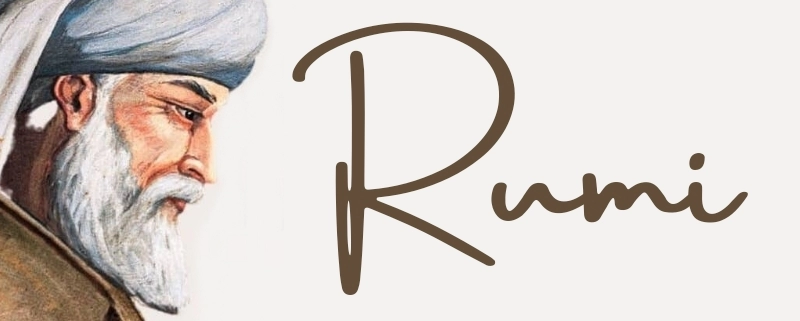
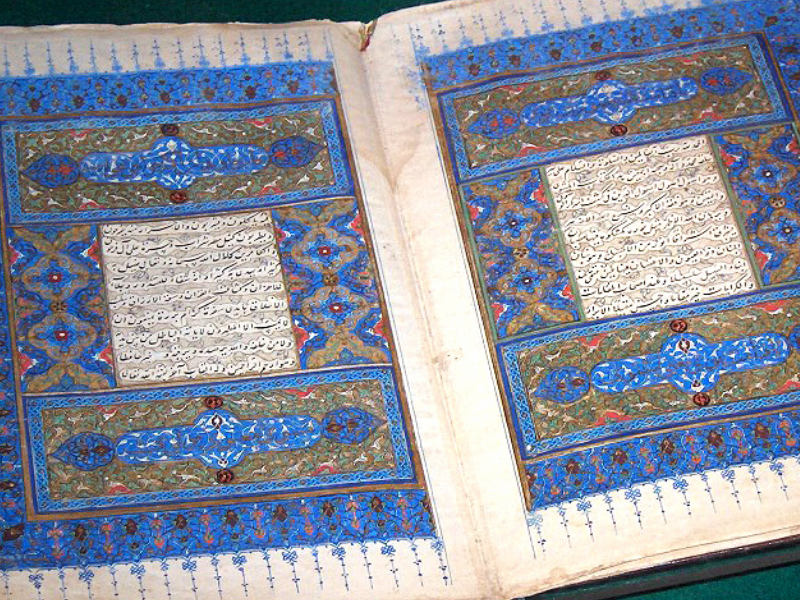
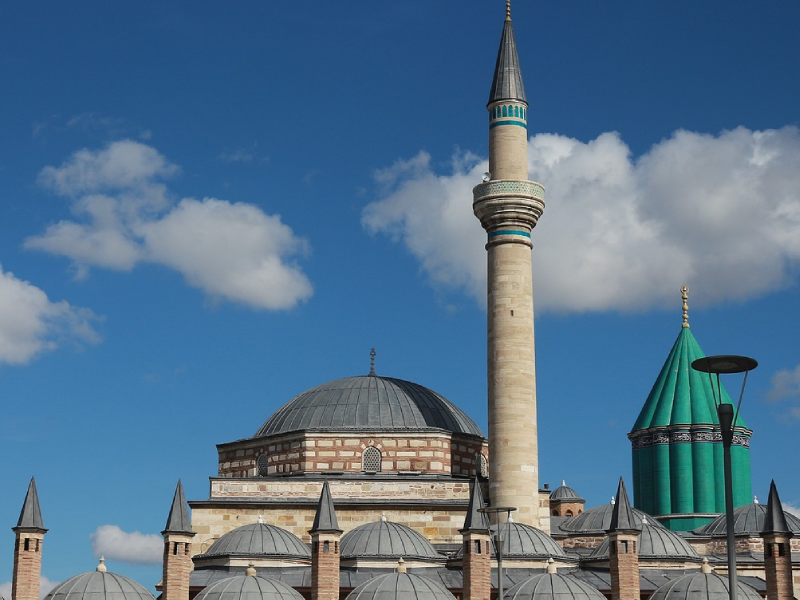
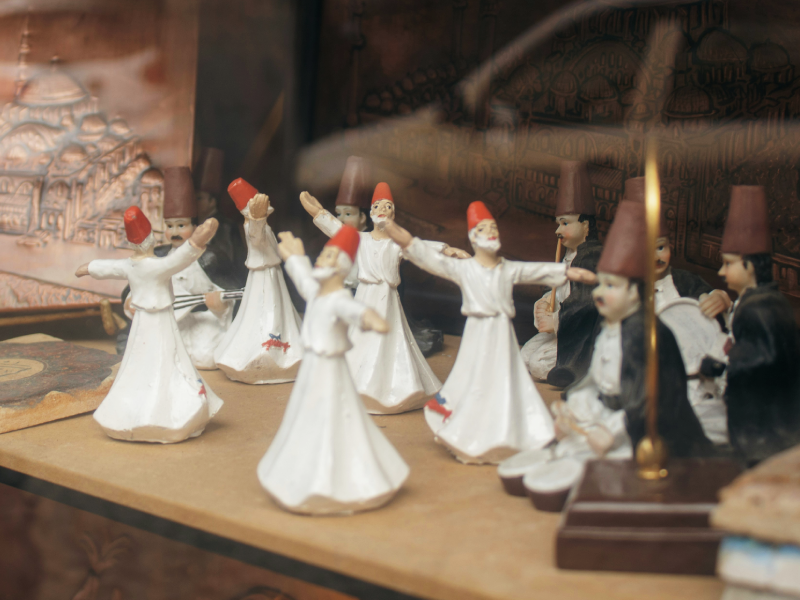

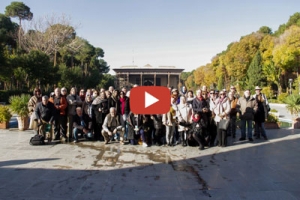


Leave a Reply
Want to join the discussion?Feel free to contribute!